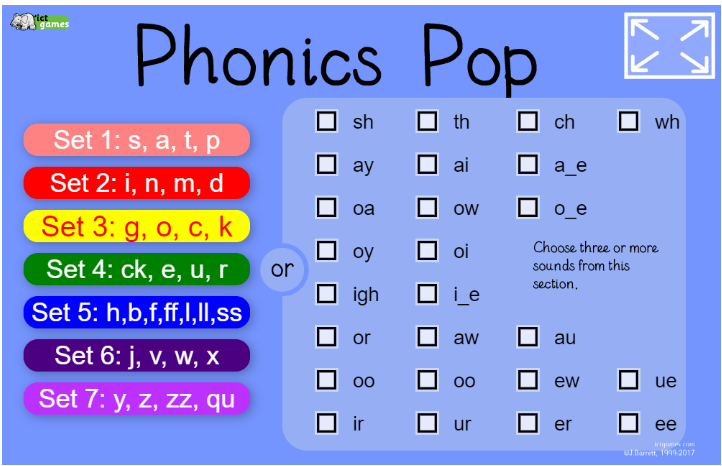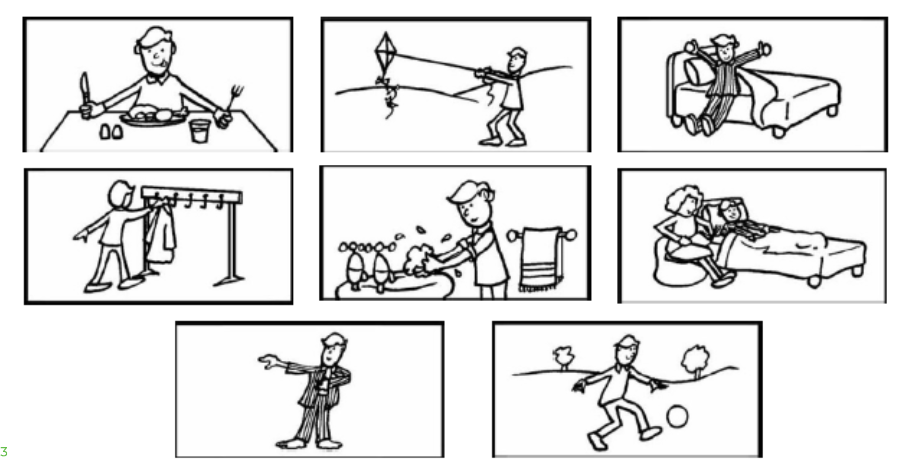|
Hello again Reception. Hope you are keeping well. Here is your home learning for this week. Reading: This week we are going to be looking at 'The Amazing Adventures of Max'. Read it here in the booklet: https://www.talk4writing.com/wp-content/uploads/2020/04/Reception-Sue.pdf or you can listen to it here: https://soundcloud.com/talkforwriting/max/s-FEjkqo3nza0 Monday: Read/listen to Max's Morning Walk on p4-5 together with an adult. Think about the questions at the end of p5. Answer in full sentences - I liked the part when..... because..... Tuesday: p6 - Look at the pictures. They are all muddled up. Can you say which order they should go in? Remember to talk in full sentences - First, Max went to.... Wednesday: p7 - Read the story again. What happened at the beginning of the story? (use the prompts on p7 to help you). What happened at the end of the story? Pretend you are Max and act out what he did throughout the whole story. Thursday: Think about what happened at the beginning and the end of the story that you acted out yesterday. Look at p8. On a piece of paper, draw 2 things that happened at the beginnng of the story and 2 things that happened at the end of the story. Friday: p9 Thinking about your own story. Make up your own adventure about taking a dog for a walk. If you are lucky enough to have a dog, you could write about a time you took your dog for a walk. If you don't, you can make up an adventure. Where would you go? What would you do? Use the prompts on p9 to record your ideas on a plain piece of paper. It is called a story mountain - start at the bottom on the left hand side then go up to the top (the exciting bit) and down to the end at the bottom on the right. Draw boxes to help you tell your story. We would love to hear some of your story ideas. If you would like to share them please email [email protected] with your child's name and Reception as the subject line. Counting: Play 'Don't say 20'. This is a game for 2 players. Take turns counting to 20. The aim of the game is NOT to say 20. On your turn, choose to continue the count with one, two or three numbers. Then the next player has a turn. e.g The first player counts 1,2. The next player could count 3 or 3, 4 or 3, 4, 5. Keep taking turns to count until someone says 20. The winner is the person who doesn't say 20. R.E. - For the coming weeks, the topic for R.E. will be 'Our World.'
This week, go for a walk outside. Use your senses (what you see, hear, smell). Talk about what you see, hear or smell. What do you love about God's world? What do you think is wonderful about God's world? Draw/write on a heart shape what you think is wonderful about our world. Please share your ideas by emailing [email protected] with your child's name and Reception in the subject line. P.E. - Play Animal relay Run around your living room while doing impressions of different animals! Waddle like a penguin, jump like a frog or hop like a rabbit. What other animals can you think of?
Maths: Monday: Each week from now on we will look at a number of the week. This week the number of the week is: 11 What can you say about 11? e.g It is 1 more than 10. It is 1 less than 12. Do you know anyone with a door number that is 11? Can you count 11 objects? What different groups can you make using 11 things? e.g 10 and 1, 9 and 2, 8 and 3 etc Can you read the word eleven? If you go out on a walk, can you find 11 anywhere? Tuesday: This week we are going to look at time. Order of the day: Can you say the days of the week in order? Think about what you do during the day e.g First I get out of bed. Next I have breakfast. Then I brush my teeth. After brushing, I do an activity - maybe phonics, or counting, going outside for a walk. Then it's lunchtime. Next, I do another activity - maybe reading, building or playing. After that, I have my dinner. Then it's bathtime. Finally at night-time, it's time to go to bed. Talk to someone in your house about what you do during the day. Try to use the key words - First, next, then, after that, finally. What do you do in the morning? What do you do in the afternoon? What happens at night-time? Use the cards below or make up your own. Can you use them to order your day? Wednesday: This week we are looking at time. Days of the week: Learn this song about the days of the week. http://www.seetospell.com/wp-content/uploads/2016/04/Days-of-the-Week-Song-Starting-with-Monday.pdf It is sung to the tune of the Addams Family. Which days make up the weekend? Which days are the weekdays? What day is it today? Can you put the days of the week in order? Thursday: This week we are looking at time. Months of the year: Listen to this song called 'Time for another year.' https://learnenglishkids.britishcouncil.org/songs/time-another-year The song mentions different seasons. Do you know what the four seasons are? Winter, Spring, Summer and Autumn. Winter is in December, January and February. Spring is March, April and May. Summer is June, July and August. Autumn is September, October and November. Now we are in June - which season are we in? Think about what the weather is like in each season. Look in your wardrobe - What would you wear in the winter when it's cold? What would you wear in summer when it's warmer? What happens to the trees during Spring? What happens to them in Autumn? Friday: This week we are looking at time. Measuring time in simple ways. You will need a timer - mobile phones have a timer or you might have one in the kitchen. You will need one with seconds. How many hops/skips/jumps can you do in 15 seconds? Did it feel like a long or short time? Try again - how many hops/skips/jumps can you do in 30 seconds? 30 seconds is double 15 seconds. Did it feel longer or shorter than before? Now, how many hops/skips/jumps can you do in 1 minute? Did it feel like a very long time? Get your coat/jacket. How long does it take you to put it on? Time yourself. Try again, can you do it quicker the second time? Time yourself tidying up your toys? How long does it take you? What else can you time yourself doing? Challenge: Spending all this time at home means that sometimes we get bored.
Watch this lesson from Oak National Academy. https://classroom.thenational.academy/lessons/bored Enjoy the story 'Whatever Next' by Jill Murphy. Maybe you can try using your imagination to make up your own story. Have you got a box that you could use? What could your box become? Comments are closed.
|
Reception Home Learning BlogCheck here for your learning from home activities Key LinksMass @ Our Lady and St. Catherine of Siena Need Help?For any queries about learning from home during the school closure period please contact: [email protected] ArchivesCategories |
|
St Agnes Catholic Primary School
Rainhill Way, Bow, London E3 3ER Tel: 02089803076 | email: [email protected] |
|















